From researching universities to submitting applications, the digital landscape has reshaped how individuals approach this crucial phase of their academic lives. The college application process has changed significantly in the digital age as described in this article.
Researching Universities
In the digital era, college students have an abundance of resources at their fingertips. Online platforms, university websites, and social media provide a wealth of information about different institutions. Virtual campus tours allow applicants to explore campuses remotely, gaining insights into the environment and facilities. This digital accessibility has broadened the scope of research, enabling students to consider a wider range of options and find institutions that align with their academic and personal preferences.
Application Platforms
The digital era has ushered in the era of online application platforms, simplifying the submission process. Common App, Coalition Application, and other digital platforms streamline the application process by allowing students to apply to multiple colleges using a single form. This not only saves time but also reduces the administrative burden on applicants and colleges alike.
Standardized Testing in the Digital Realm
With the rise of online testing platforms, students can now take standardized tests like the SAT and ACT from the comfort of their homes. This shift has been particularly significant, especially considering the challenges posed by the COVID-19 pandemic. The digital administration of these tests has provided flexibility and accessibility, ensuring that the application process remains resilient in the face of unforeseen circumstances.
Digital Portfolios and Supplementary Materials
Many colleges now allow or even require digital portfolios and supplementary materials. Applicants can showcase their talents, achievements, and projects through multimedia presentations, websites, or digital documents. This evolution provides a more holistic view of applicants, allowing them to express themselves in ways beyond the constraints of a standard application form.
Communication with Admissions Offices
Email and virtual information sessions have transformed the way applicants communicate with admissions offices. Applicants can seek clarification, request information, and even attend virtual events to learn more about the college. The digital era has fostered a more transparent and accessible channel of communication between applicants and institutions, helping students to make informed decisions.
Financial Aid and Scholarships
Digital platforms have changed the process of applying for financial aid and scholarships. Students can now explore various financial aid options, submit forms, and track their applications online. Additionally, scholarship databases and crowdfunding platforms have made it easier for students to find and apply for financial assistance, making education accessible to everyone.
Social Media’s Role in the College Application Process
Social media plays a dual role in the college application process. It serves as a valuable source of information, allowing students to connect with current students, alumni, and even admissions officers. On the other hand, it underscores the importance of responsible online behaviour, as colleges may look through applicants’ digital footprints. Having a positive online presence has become an integral aspect of the modern application process.
Our take
The abundance of online resources, application platforms, and digital communication channels has made the process more accessible than ever. However, it also requires applicants to present themselves in the best possible light. As the digital era continues to evolve, so too will the ways in which students engage with and navigate the college application journey. Subscribe to our newsletter to get up to date insights on how students engage with colleges throughout the education process from application to graduation and beyond.
